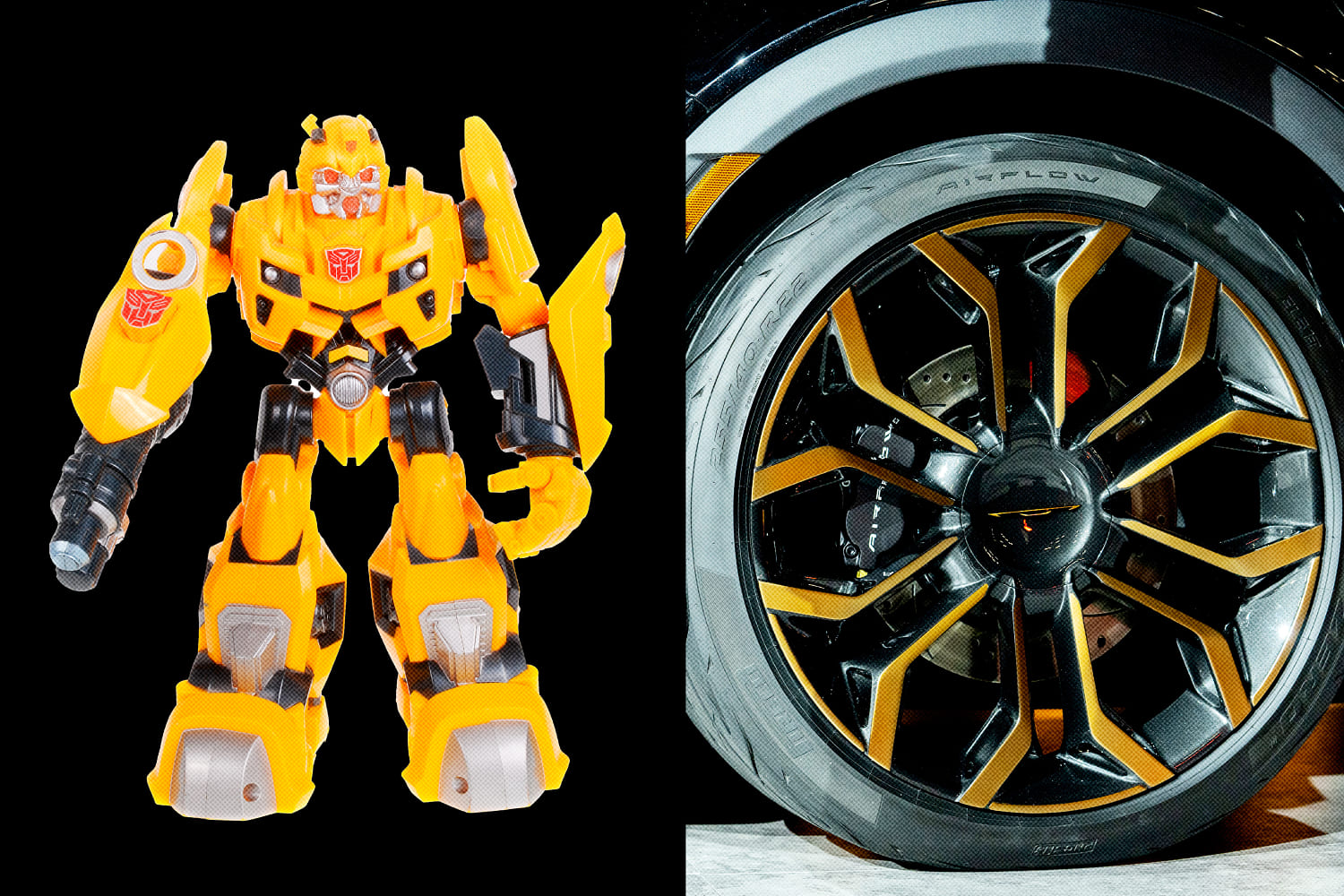
Major toy and auto manufacturers are feeling the heat as tariffs take a heavy toll on their bottom lines. From Hasbro to GM, the cost of doing business is rising fast, and both industries are making strategic moves to absorb or offset the financial damage. Here's a breakdown of how tariffs are shaking up toys, trucks, and everything in between.
Tariffs are projected to cost Hasbro $60 million in 2025. In response, the company is working to reduce the share of U.S. toys and games sourced from China — currently at 50% — to below 40% by 2027. Additionally, Hasbro plans to increase production within the United States, aligning with former President Donald Trump’s push for domestic manufacturing.
“This is the price necessary to offset some of the headwinds,” said CFO Paul Ruh, citing other internal efforts underway to combat rising costs. Mattel is accelerating its supply chain diversification and improving sourcing methods — and it says no more price hikes are expected this year.
So far, GM has absorbed these costs, relying on cost-cutting measures and U.S. investments to soften the blow. “Our $4 billion of capital initiatives to bring production back to the U.S. will pay off in the next 18 to 24 months,” said CFO Paul Jacobson.
Currently, the U.S. imposes 25% tariffs on imported vehicles and parts, and 50% on steel and aluminum. These tariffs are part of a shifting policy landscape as the Trump administration renegotiates trade deals globally.
“Tariffs should not be lower on Japanese cars with little to no U.S. content than on North American-built vehicles with high U.S. content,” said Matt Blunt, AAPC president.
Commerce Secretary Howard Lutnick dismissed these concerns, stating, “The American manufacturers will thrive — as long as they build in America.”
“The big question for the rest of the year is whether they’ll keep absorbing the costs or begin passing them on to consumers,” said Erin Keating, executive analyst at Cox Automotive.
Cox predicts car prices could increase by 4% to 8% by year’s end, with both new and used inventory already declining in July.
“A lot of hot products may be out of stock this holiday,” said Hasbro CEO Chris Cocks. “If you're looking for Play-Doh Barbie, Nano-Mals, or Baby Evie — shop early.”
Conclusion:
With tariffs biting deep into profits, both the toy and auto industries are taking drastic steps to manage costs, shift supply chains, and rethink where and how they make their products. The real impact may still be unfolding — and it could land squarely on consumers just in time for the holidays.






0 Comments